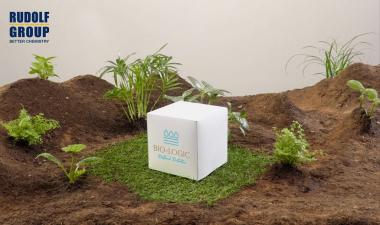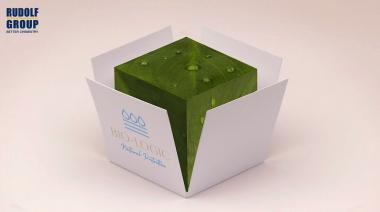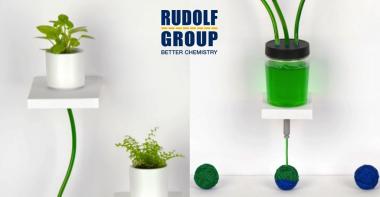Bangladesh to stage climate event for fashion and textiles
Bangladesh will stage the world’s first climate conference for the fashion industry this autumn, on 12 October. The Bangladesh Climate Action Forum will convene policy makers, garment manufacturers, fashion retailers and other industry stakeholders to look at solutions for decarbonising global textile supply chains.
The event will focus on technological and financial challenges around reducing emissions. Most of the world’s leading fashion brands have now set ambitious targets for reducing supply chain emissions. These targets relate to 2030 by which time many brands aim to reduce emissions by 50 per cent, and 2050 where most fashion brands aim to be carbon neutral.
The Bangladesh Climate Forum Action will examine causes of climate crisis, its urgency, impacts we have already seen, and what we can expect under both businesses as usual and rapid decarbonisation scenarios.
Also presenting at the event will be the Government of Bangladesh, which will address Bangladesh’s actions to mitigate the impacts of the climate crisis. Bangladesh is particularly vulnerable to climate change and is ranked the seventh extreme disaster risk-prone country in the world according to a report from the Global Climate Risk Index 2021. Tropical cyclones, tornadoes, floods, coastal and riverbank erosion, droughts and landslides are the major climate-induced hazards in Bangladesh.
The Bangladesh Climate Forum Action will also look at approaches towards decarbonization, including NetZero goals and timelines. Speakers will discuss globally recognised pathways for electricity/transportation/industry decarbonisation.
Renewable energy will also be under discussion. If fashion brands are to hit climate targets, it is imperative that supply chains switch to renewable energy and away from gas and fossil fuels. The event will look at challenges around the de-carbonisation of the electricity grid in Bangladesh, as well as the rate of transition toward renewable resources by garment factories, including solar power.
A key element of the event will be evaluation of practical solutions for Bangladesh’s RMG industry. It will profile specific solutions such as energy efficiency, machine upgrades, the electrification of thermal loads, direct power purchase agreements and biomass fed thermal systems. It will also discuss the challenges faced in the industry including business climate (and cycles), pricing, financing challenges, target setting and execution, policy opportunities, knowledge gaps and availability/scaling of solutions.
Financial challenges around decarbonisation of supply chains are significant, and it is far from clear who will pay for the technological upgrades required. While some investment support systems exist – such as lower interest financing – these are not always available, accessible or affordable for the majority of the RMG companies.
The event will explore financial options, changes to business/pricing models, opportunities for de-risking/underwriting investments, direct investment and other tools that need to emerge to address financial challenges and plug the funding gap. The event will also explore opportunities to decouple climate action from business cycles so that the 2030 targets can be met.
Bangladesh Bangladesh Climate Forum Action Climate Change Sustainability renewable energy
Bangladesh Apparel Exchange












